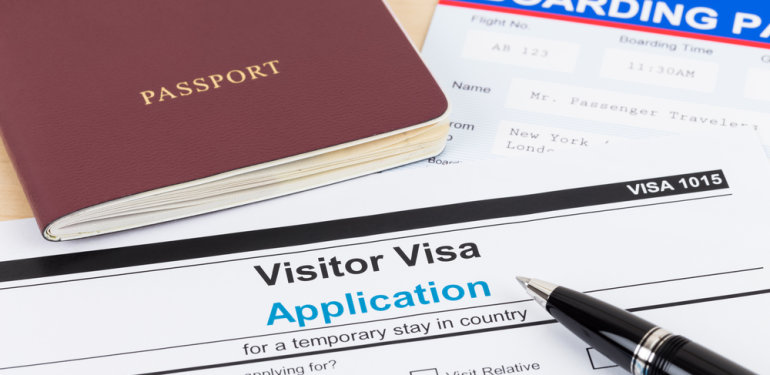What is a Student Visa?
Student visas are granted to foreign nationals to visit the United States temporarily in order to study. U.S. student visas come in three varieties:
- F-1: Typically for long-term academic study at a college or university.
- M-1: For participants in technical, vocational and some business programs.
- J-1: For participants in established visitor exchange programs that usually include employment. Information about the J-1 is frequently kept separate from the F-1 or M-1, but a J-1 can give the application unusual opportunities for vocational training, too.
How Do You Get a Student Visa?
In general, the visa prep process starts by applying and being accepted to the kind of program or institution that may make you eligible for a visa. For example, you would apply to a university and receive a letter of acceptance before applying for an F-1 visa. Getting your visa is contingent upon the evidence you will have a place to study upon your arrival in the United States.
How Can I Apply for Student Visa in the U.S.?
In general, you should apply for a visa from within your country of residence (not, for example, while visiting the United States on a tourist visa.) Your educational institution or program may have an International Studies Office to help you.
Applicants apply at a U.S. embassy or consulate when seeking the F or M visa. Once you have paid the I-901 immigration fee, your school will issue you a Form I-20 that you’ll need to bring to the consular officer during your visa interview. This takes place in your country of residence.
Can You Work on a Student Visa in the U.S.?
Whether or not your visa entitles you to work depends upon the specific visa. F-1 holders are usually permitted to engage in on-campus employment that may total as much as 20 hours per week (half-time by United States standards.)
M-1 holders are usually not permitted to work.
J-1 holders should consult their program guide for information.
Interview Tips
- Show enthusiasm: An enthusiastic demeanor is not required, but it can help you get through this potentially stressful process.
- Look your best: Dress for a consular interview the same way you would for a job interview – or even feel free to “dress up” a bit.
- Have your plans ready: The consular officer will want to know why you chose a specific plan of study and what your future plans are. Be sure to give this some thought in advance.
- Aim for confidence: You may get unexpected questions. If interviews make you nervous, practicing in the mirror can help. Giving detailed answers establishes trust.
For a free consultation on how to obtain a student visa, contact The Law Offices of Kate L. Raynor & Associates.


